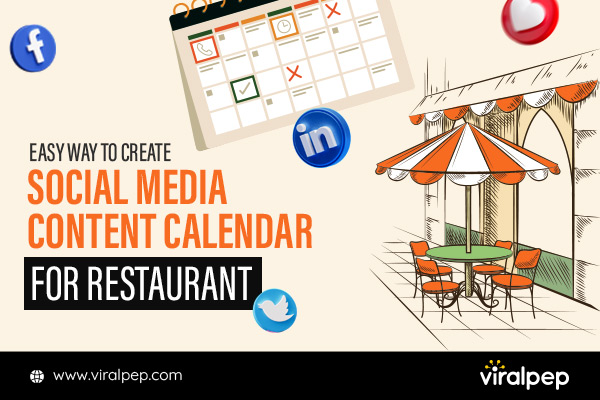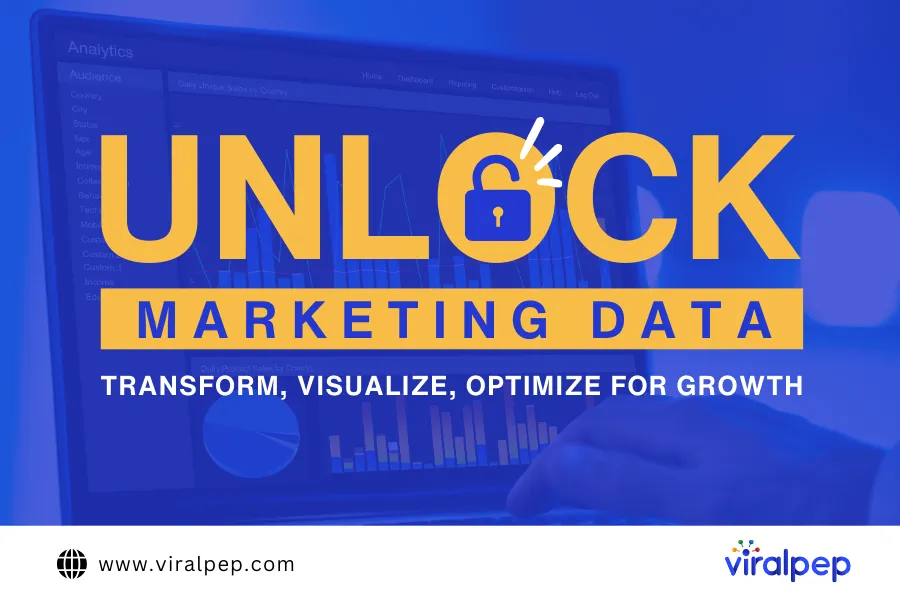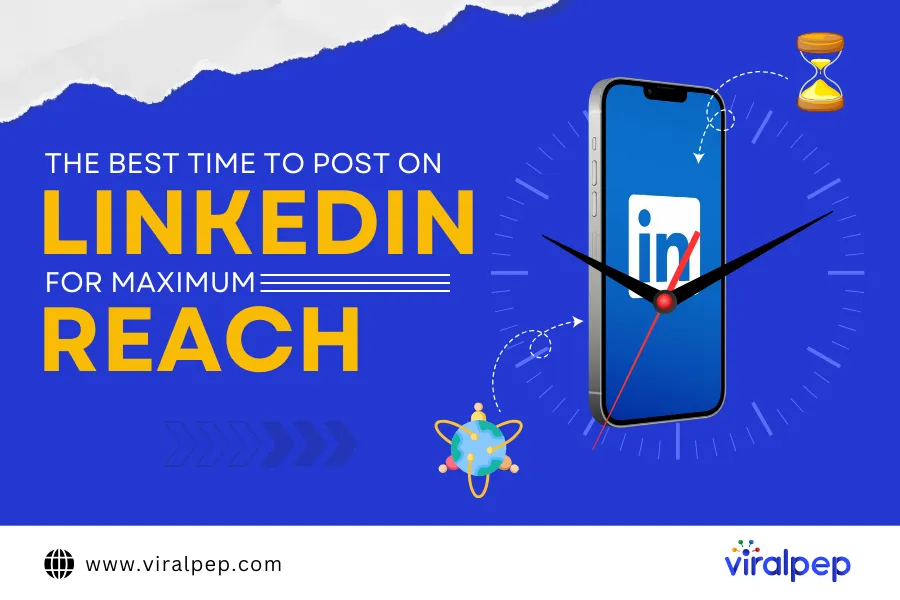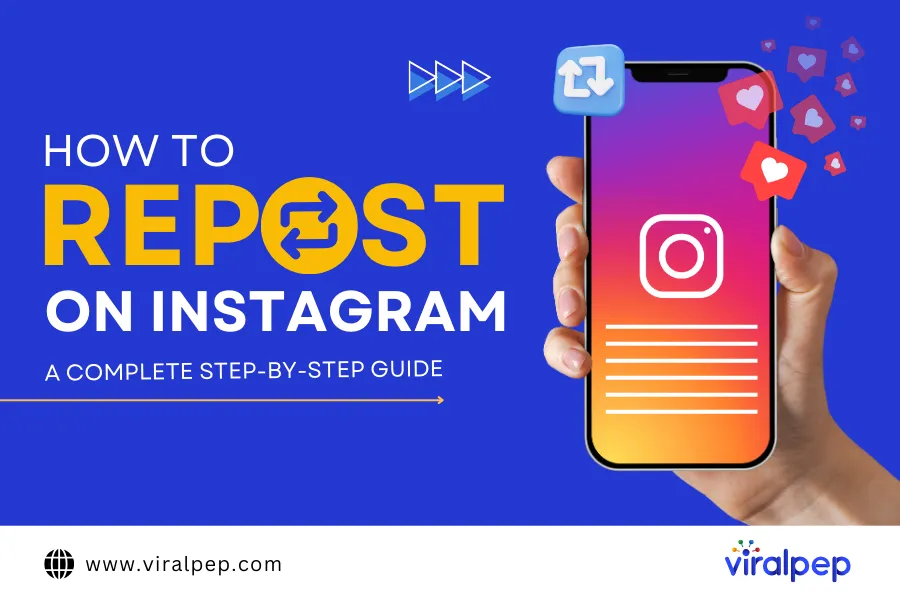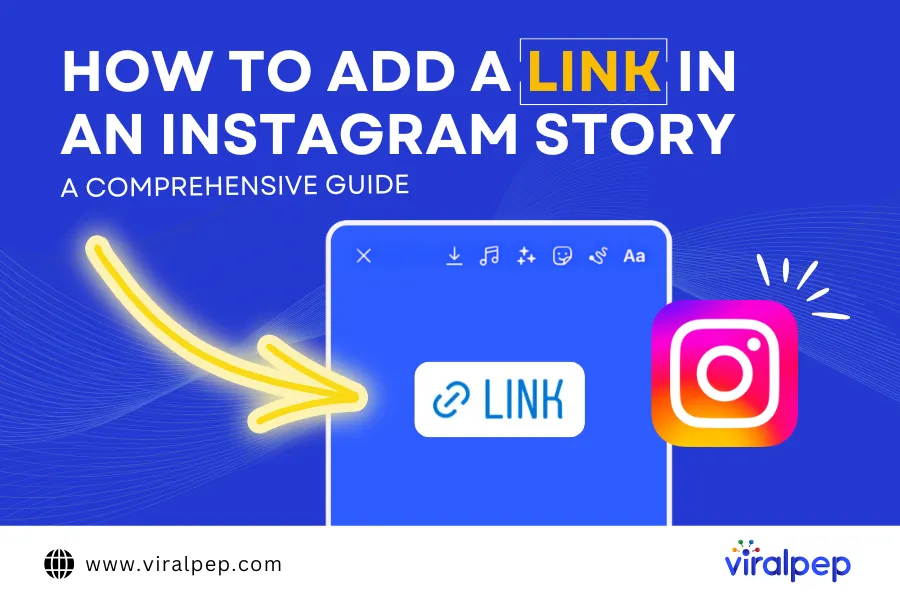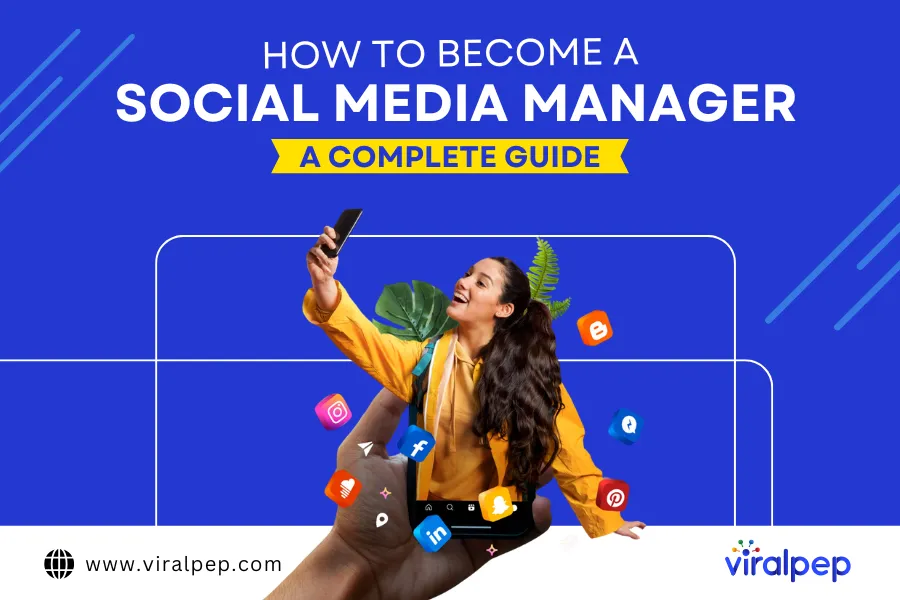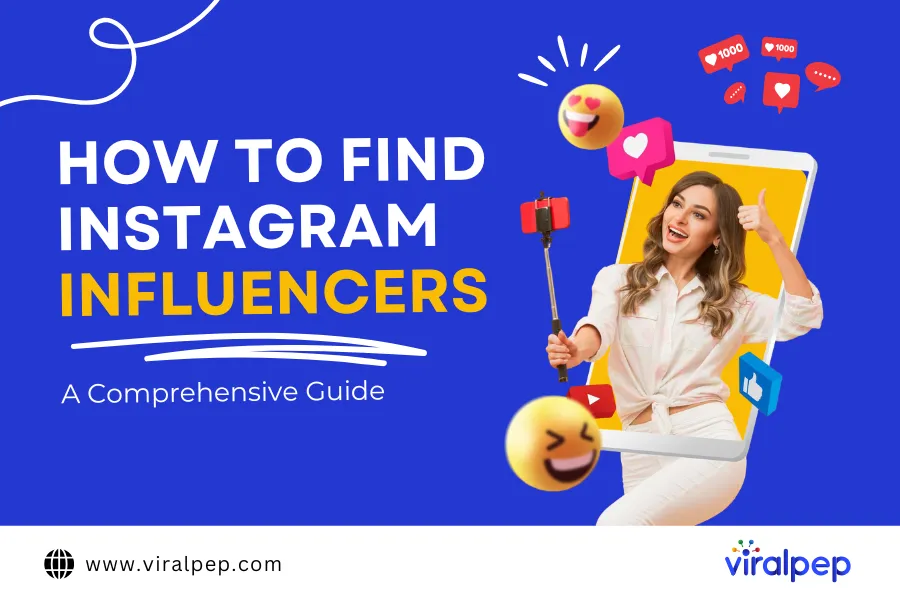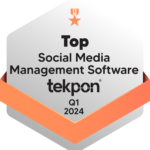Introduction
Are you a restaurant owner or marketer looking to elevate your online game and create a buzz in the digital world? If so, you’re in the right place!
In the fast-paced world of social media, standing out and engaging your target audience requires careful planning, creativity, and adaptability.
We understand the challenges you face, and that’s why we’ve curated this interactive blog – to provide you with easy-to-follow steps, expert tips, and actionable insights that will help you master the art of social media for your restaurant.
Let’s deep dive into the art of crafting the best social media content calendar for restaurants – a powerful tool to connect with your audience, increase brand visibility, and ultimately boost your business.
What Is a Marketing Calendar?
A marketing calendar, or a marketing schedule or plan, is a strategic tool businesses use to organize, plan, and manage their marketing activities over a specific period, typically for a year. It serves as a roadmap that outlines the marketing initiatives, campaigns, and promotions to be executed throughout the year.
The marketing calendar is essential to a company’s overall marketing strategy. It helps marketing teams, and businesses stay organized, maintain consistency in messaging, and ensure that campaigns are executed on time and aligned with broader business goals.
Read also: Be One Step Ahead with Social Media Scheduling
What are the Key Elements of a Marketing Calendar?
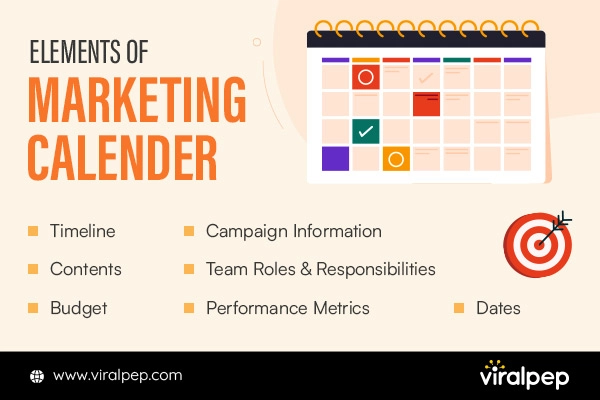
Key elements typically included in a marketing calendar are:
-
Timeline
The marketing calendar displays a timeline for the year, usually divided into months or quarters, indicating when each marketing activity or campaign will take place.
-
Campaign Details
For each marketing activity, the calendar provides essential details such as the campaign name, objectives, target audience, key messaging, and channels for promotion.
-
Content and Creatives
It outlines the content and creative assets required for each campaign, such as blog posts, social media content, graphics, videos, or email newsletters.
-
Budget Allocation
The marketing calendar may include a budget allocation for each campaign, helping to manage resources effectively and prioritize activities.
-
Team Responsibilities
It assigns responsibilities to team members or stakeholders executing the marketing activities. This ensures accountability and clear communication within the marketing team.
-
Important Dates
The marketing calendar may highlight significant dates, such as holidays, industry events, or product launches, to plan campaigns around relevant occasions.
-
Performance Metrics
Some marketing calendars also include space to track each campaign’s key performance indicators (KPIs), enabling evaluation and measurement of success.
Importance of Content Calendar
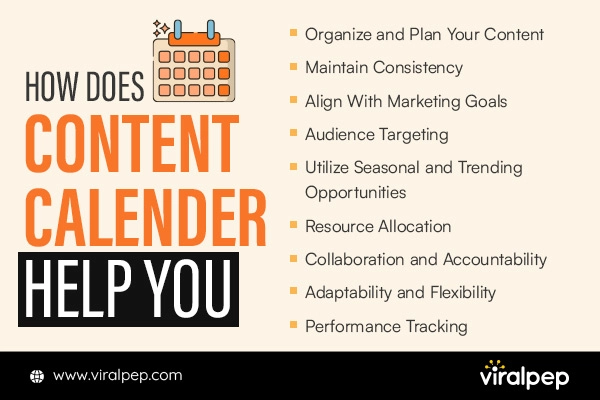
A content calendar is crucial for businesses and organizations engaging in content marketing and social media activities. Here are some of the key reasons why having a content calendar is essential:
-
-
Organization and Planning
A content calendar provides a structured and organized content creation and distribution approach. It allows marketing teams to plan content, ensuring a steady flow of relevant and timely materials.
-
Consistency
Consistency is vital for building a strong brand presence and maintaining audience engagement. Businesses can ensure a regular posting schedule with a content calendar, reducing the risk of gaps or irregular content distribution.
-
Aligning with Marketing Objectives
A content calendar helps align content creation with the overall marketing strategy and business objectives. Each content can be tailored to support specific goals, whether increasing website traffic, generating leads, or promoting a new product/service.
-
Audience Targeting
Understanding your target audience is crucial for effective content marketing. A content calendar allows businesses to strategize content that caters to their audience’s needs, interests, and preferences, leading to higher engagement and conversion rates.
-
Utilizing Seasonal and Trending Opportunities
Content calendars enable businesses to plan for seasonal and trending content in advance. By capitalizing on relevant events, holidays, and industry trends, businesses can stay relevant and leverage opportunities for increased visibility and reach.
-
Resource Allocation
A content calendar facilitates efficient resource management. It helps appropriately allocate time, budget, and human resources to create high-quality content and meet deadlines.
-
Collaboration and Accountability
Different teams and stakeholders can collaborate more effectively with a content calendar. Everyone involved in content creation knows their roles and responsibilities, fostering accountability and ensuring timely content delivery.
-
Adaptability and Flexibility
A content calendar provides structure but allows room for adaptability and flexibility. Businesses can adjust based on emerging trends, unforeseen events, or changes in the market landscape.
-
Performance Tracking
Content calendars make tracking the performance of individual pieces of content and overall campaigns easier. Website traffic, social media engagement, and lead generation can be measured against specific content items to gauge success and inform future strategies.
-
Repurposing and Recycling Content
A content calendar helps identify opportunities to repurpose or recycle content, maximizing the value of each piece and extending its reach across various channels.
-
So, a content calendar is an indispensable tool for effective content marketing. It streamlines content creation, ensures consistency and relevance, and aligns efforts with business objectives, leading to increased brand visibility, audience engagement, and business growth.
Related Blog: Reasons Why Content Scheduling Makes Social Media Marketing Efficient
Easy Steps For Creating a Social Media Calendar For Restaurants
Creating a social media calendar for restaurants doesn’t have to be complicated. Here are some easy steps to follow:
Understand Your Target Audience
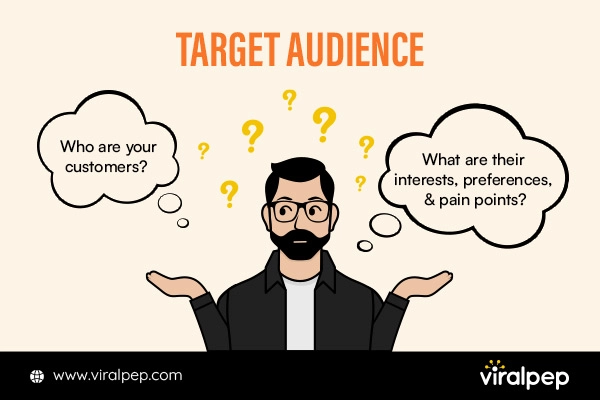
Before diving into creating content, it’s crucial to have a deep understanding of your target audience. Who are your customers? What are their interests, preferences, and pain points?
Understanding your audience will help you tailor your content to resonate with them, driving higher engagement and connection.
Conduct thorough research to understand your target audience’s preferences, interests, and behaviors. Knowing what appeals to them will help you create content that resonates and engages effectively.
Define Your Restaurant’s Social Media Goals
Setting clear goals is essential for measuring the success of your social media efforts. Are you looking to increase brand awareness, drive more reservations, showcase your culinary expertise, or run promotions?
Your content calendar should align with your objectives, making tracking progress and necessary adjustments easier.
Define your social media goals, whether it’s increasing brand awareness, driving more reservations, promoting special events, or showcasing your culinary expertise.
Align your content calendar with these objectives to measure success accurately.
Read also: Social Media Marketing – How to Write Meaningful Content
Opt For The Right Social Media Platforms
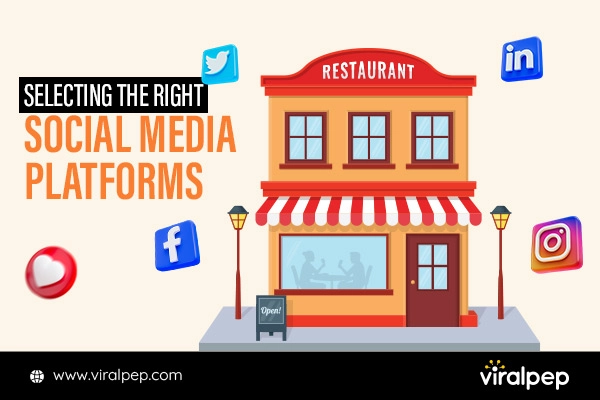
While being active on multiple social media platforms is beneficial, focusing on the ones most relevant to your restaurant and audience is essential.
Platforms like Facebook, Instagram, Twitter, and Pinterest are popular restaurant choices due to their visual nature and widespread user base.
Focus on the social media platforms where your target audience is most active. Different platforms have distinct user demographics and formats, so tailor your content accordingly.
Make an Appropriate Planning For Seasonal and Themed Content
Plan for seasonal and themed posts to keep your content fresh and engaging. Whether it’s holiday-themed dishes, special promotions, or community events, tying your content to relevant occasions will captivate your audience and create a sense of urgency.
Incorporate seasonal and themed content into your calendar to keep your content fresh and relevant. Highlight holiday specials, celebrations, or community events to create excitement and urgency.
Diversify Content Types
Variety is essential when it comes to social media content. Incorporate a mix of images, videos, user-generated content, polls, stories, and behind-the-scenes glimpses to keep your audience interested and entertained.
Mix up your content with various formats like high-quality images, videos, GIFs, stories, polls, and user-generated content. Visual content tends to perform well, especially for restaurants.
Always Encourage User-Generated Content
Encourage your customers to share their experiences at your restaurant by running user-generated content campaigns.
This content acts as social proof, shows appreciation for your customers, and fosters a sense of community.
Engage your customers by encouraging them to share their dining experiences through user-generated content. Repost and credit those who share, creating a sense of community and loyalty.
Schedule Regular Posts
Consistency is crucial for maintaining engagement on social media. Use scheduling tools like Hootsuite, Buffer, or Sprout Social to plan and automate your posts.
However, always be ready to respond promptly to comments and messages, as social media is about two-way communication.
Useful Resources: Best Social Media Scheduling Tools Compared
Leverage Influencer Marketing
Partnering with influencers and food bloggers can amplify your restaurant’s reach and visibility.
Identify influencers with an audience that aligns with your target market, and collaborate with them to promote your restaurant and menu items.
Monitor Analytics and Adjust
Keep a close eye on social media analytics to track the performance of your content. Metrics like engagement rate, click-throughs, and reach will provide valuable insights into what’s resonating with your audience and what isn’t.
Always make a habit of tracking the performance of your social media posts using analytics tools. Analyze engagement metrics, audience demographics, and post reach to understand the resonating content and adjust your strategy accordingly.
Based on these analytics, adjust your content strategy for continuous improvement.
Related Blog: Most Important Social Media Metrics for Your Business
Engage with Your Audience

Social media is a platform for building relationships. Respond to comments, messages, and mentions promptly. Engage with your audience by asking questions, running polls, and showing appreciation for their support.
Respond to comments, messages, and mentions promptly. Engaging with your audience builds trust and loyalty, fostering a positive online community.
Include Behind-the-Scenes Content
Give your audience a glimpse behind the scenes to build a connection. Share moments from the kitchen, staff introductions, or the story behind a new dish.
Always Be Active With Latest Trends
Keep an eye on social media trends, hashtags, and viral content. Incorporating relevant trends into your content can boost visibility and engagement.
Make an Active Collaboration with Local Partners
Partner with nearby businesses or organizations to cross-promote each other’s content. This can help expand your reach within the local community.
By considering these points and crafting a thoughtful social media content calendar, your restaurant can establish a robust online presence, connect with customers, and drive business growth.
Read also: Best Social Media Platforms for Restaurants
Conclusion
Armed with valuable insights and actionable tips, you are well on your way to conquering the digital landscape and engaging your audience like never before.
Remember, a well-crafted content calendar is not just a schedule; it’s a roadmap to success. By understanding your audience, setting clear objectives, and planning your content strategically, you can build a robust online presence that leaves a lasting impression on your followers.
As you embark on this exciting adventure, don’t forget the power of consistency, creativity, and adaptability. Stay attuned to seasonal trends, collaborate with influencers, and leverage user-generated content to build a thriving online community.
FAQs
Why is a social media content calendar important for my restaurant?
A social media content calendar is essential for your restaurant because it helps you plan and organize your content effectively. It ensures consistency in posting, allows you to align your content with business objectives, and helps you stay ahead with timely and relevant posts.
How do I determine the best social media platforms for my restaurant?
Research to understand your target audience’s preferences. Analyze which platforms they are most active on and which ones align best with your restaurant’s brand and content style. Focus on those platforms to maximize engagement.
How often should I post on social media?
Consistency is key, but the frequency may vary depending on the platform and your audience’s behavior. Posting once or twice daily on platforms like Instagram and Facebook is generally recommended, while Twitter may require more frequent posts due to its fast-paced nature.
What types of content should I include in my calendar?
Diversify your content to keep your audience engaged. Include high-quality images of your dishes, behind-the-scenes glimpses, videos showcasing cooking techniques, user-generated content, promotions, and seasonal specials.
Should I work with influencers to promote my restaurant on social media?
Influencer marketing can be a powerful tool to expand your restaurant’s reach and credibility. Collaborating with influencers or local food bloggers who align with your brand can introduce your restaurant to a wider audience.
How do I measure the success of my social media content calendar?
Use social media analytics tools to track key metrics such as engagement rate, reach, click-throughs, and follower growth. These metrics will provide insights into how well your content is performing and whether it aligns with your goals.
How can I ensure my content remains relevant and timely?
Stay up-to-date with current trends, seasonal events, and holidays. Incorporate relevant themes into your content to keep it fresh and engaging.
Should I respond to comments and messages on social media?
Absolutely! Engaging with your audience is crucial for building relationships and fostering a positive online community. Respond promptly to comments, messages, and mentions to show appreciation and address concerns.
How often should I review and update my social media content calendar?
Regularly review your social media analytics to understand what content resonates with your audience and what doesn’t. Use this data to update your content calendar periodically, ensuring it stays effective and relevant.


